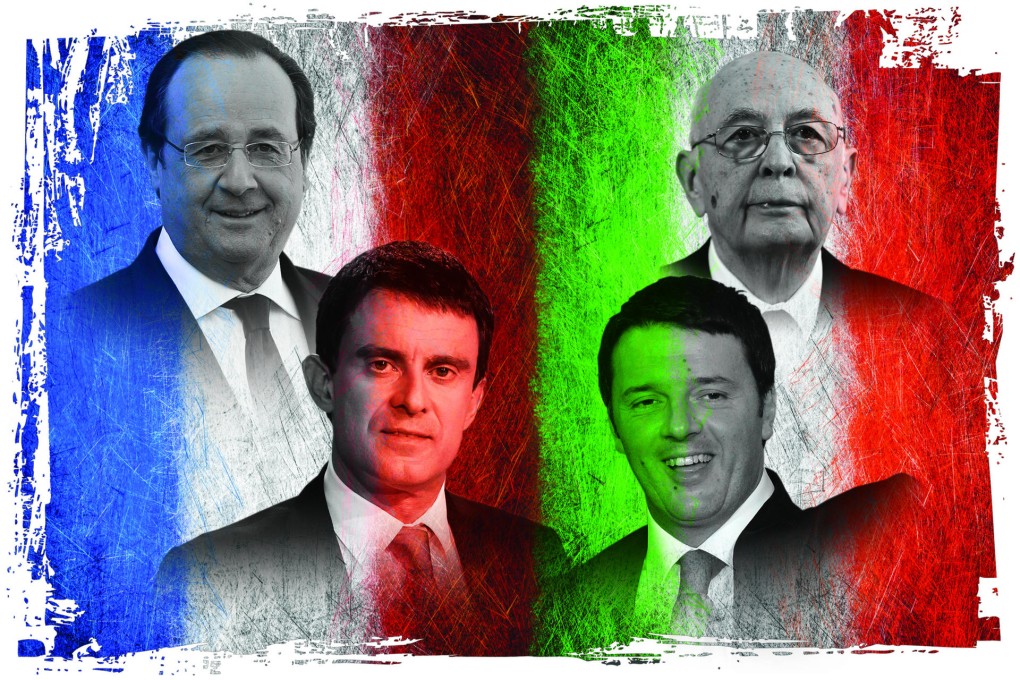France's growth push sets up showdown with Brussels
Hollande is pushing ahead with his economic policy, counting on a newly appointed reform-minded premier and a deep and liquid bond market

There is, after all, hope for France and Italy, the two main reform laggards in Europe's single-currency area.

This is an important development, given the conspicuous failure of France and Italy to reform their woefully uncompetitive economies before the outbreak of the euro-zone crisis in 2010 and in the past four years, when many of the so-called "peripheral" members of the bloc, notably Spain, undertook much-needed product and labour market reforms.
France is flirting with deflation, making the country’s public debt burden even less sustainable
France, which, despite its severe economic woes, never faced the wrath of the bond markets during the acute phase of the euro-zone crisis, has become the epitome of the "slow-burn" crisis - and an illustration of the extent to which the underlying problems of the euro zone (a lack of growth and extremely poor economic and political governance) extend deep into the core of the bloc.
After registering no growth over the past two years, France's economy is expected to expand 1 per cent this year, roughly on a par with Spain and Portugal and below Ireland's projected growth of 1.8 per cent.
Most worryingly, France's public expenditure and tax burden as a share of gross domestic product are the second-highest in the euro zone after Finland.
The appointment of the charismatic and market-friendly Manuel Valls on Tuesday as France's new prime minister is a sign that President Francois Hollande, whose deep unpopularity among the electorate was evidenced by the drubbing his Socialist party received in last Sunday's elections, is determined to implement his so-called "responsibility pact".
The pact, which was launched by Hollande in January following a backlash against his government's heavy tax increases during its first two years in office, is an ambitious plan to cut France's excessive payroll taxes by €30 billion (HK$321 billion) and reduce public spending by €50 billion in the hope of spurring growth and creating jobs.